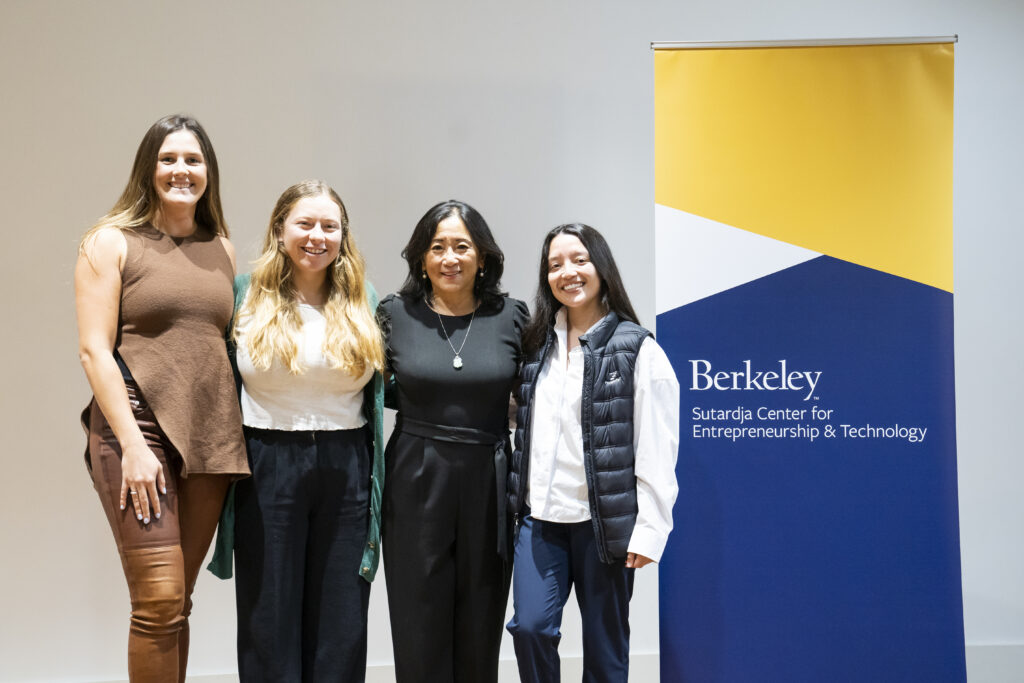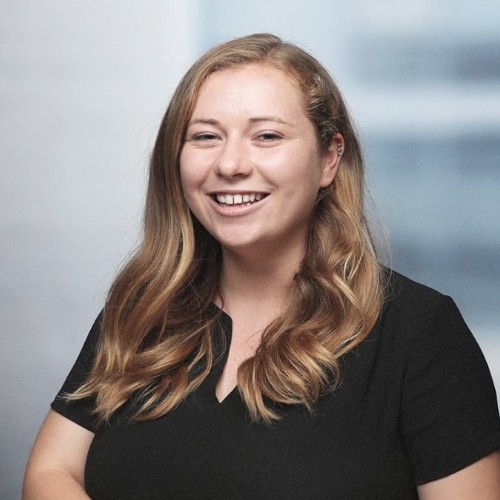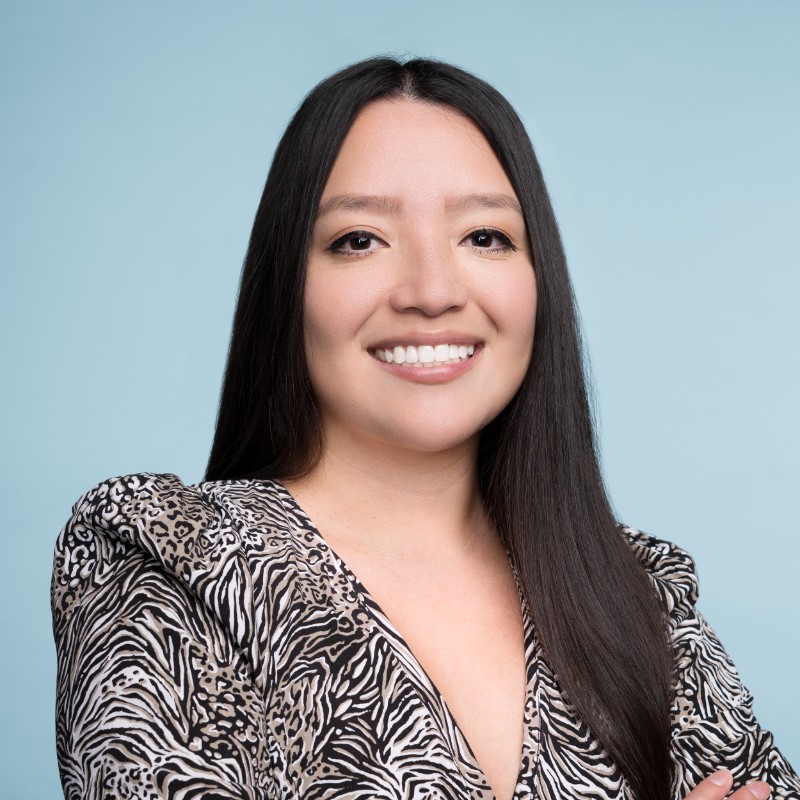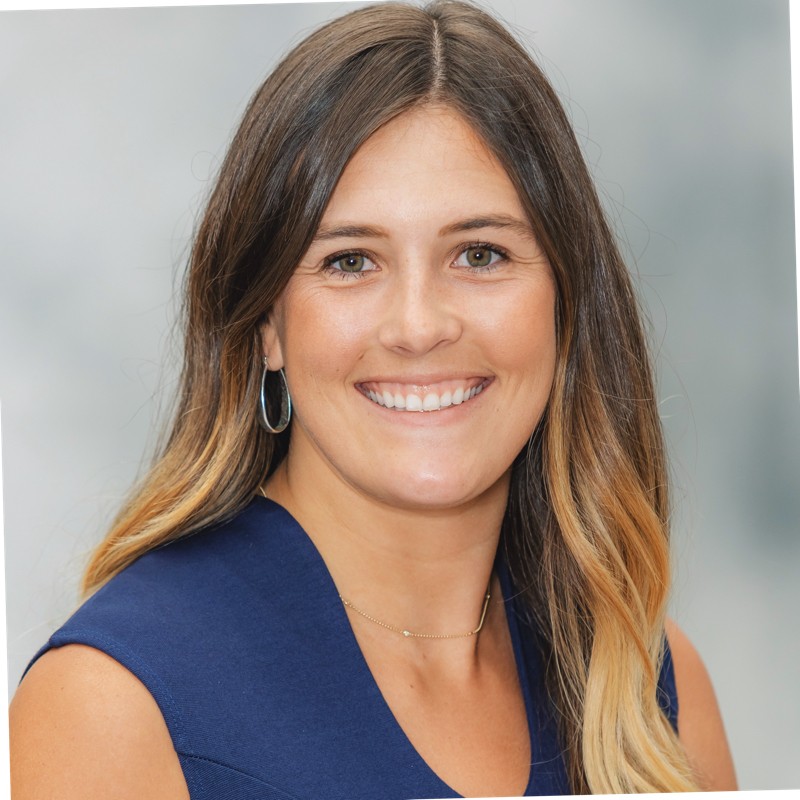Redefining Venture Capital: SCET Bootcamp Alumnae Amplifying Female Voices in an 8% VC World

In the venture capital realm, a mere 8%. That’s the staggeringly low representation of female partners in VC firms. While these numbers are alarming, a group of UC Berkeley alumnae are helping to change the numbers in a historically male-dominated field.
This fall, three of these alumni — Daisy Shobhana Garcia, Kaycee Antosiak, and Alexandra (Lexi) Burbey joined SCET’s BMOE Bootcamp as judges to provide feedback and mentorship on student venture projects. Two of these stellar women, Kaycee and Lexi, are also alumni of the Berkeley Method of Entrepreneurship (BMoE) Bootcamp course, taught by SCET instructor Gigi Wang, who has led the program since 2015.
“I am so excited to see UC Berkeley women alumni, especially my students, join the ranks of venture capital and moving that needle closer to the much needed diversity and equality in the industry,” said Gigi.
We followed up with Kaycee, Daisy, and Lexi to learn more about their path to become venture capitalists and what advice they would have for students who want to follow in their footsteps.
Q&A: Kaycee Antosiak
Early Stage Investor @ Plug and Play Tech Center

Are there specific lessons or experiences from the bootcamp that you still carry with you or draw upon in your current role?
“Culture starts at 5 people.” I remember Gigi sharing this lesson when she was talking about the importance of a founding team. As an early stage investor, I think about this often because so much of early stage investing is believing in the team. Likely the solution will pivot, and as an investor, you have to believe the team you’re funding will pivot appropriately. This is why culture is so important: can this group of people continuously problem-solve in a sustainable and respectful way? Culture isn’t something you can figure out “when the company is bigger” or when “it’s more successful” — it starts at the beginning, and it will dictate the future success of the business.
What motivated you to pursue a career in venture capital after attending the bootcamp?
The Bootcamp was the origin of my passion for startups and entrepreneurship. I originally enrolled in the course my last semester of college to round out my schedule and was not expecting to feel so enthralled with the process of entrepreneurship. Upon graduation, I worked in tech sales for a few years but kept returning to Bootcamp to mentor because I loved the energy the students brought to their startups. When reflecting on my long term career goals, I knew that I wanted a career filled with that same energy. So, I pivoted out of tech sales, moved into an operational role at a VC firm, and then moved to the investment team. Now, I get to speak to startups that carry that same energy. It’s like Bootcamp everyday!
How do you navigate the dynamics of the predominantly male-dominated world of venture capital?
Familiarize yourself with the way women statistically undersell themselves so you can be aware of potential missed opportunities — and then overcome. For example, if women statistically do not apply for jobs when they only have 80% of the qualifications but men apply when they have 50%, this should serve as encouragement and a reminder to put yourself out there for jobs even if you feel underqualified.
What do you find most rewarding about being a venture capitalist?
The most rewarding aspect about being a venture capitalist is meeting passionate founders and getting a glimpse into how they see the world. Every founder has a reason and a backstory as to why they’re obsessed with solving the problem they outlined.
What advice would you give to students currently participating in the bootcamp who aspire to break into the VC industry?
Network — but don’t be transactional. Remember, people are people first, and their job second. Take a genuine interest in someone for who they are. That will help you much more than asking for their title or place of work.
Looking back, is there anything you wish you knew or did differently during your time at the bootcamp?
I wish I took the Bootcamp earlier in my college career! Berkeley’s startup community is one of the richest there is and as a student, you have so much access to resources and people that want to help than any other time in your career.
How do you envision the future of venture capital, especially concerning gender diversity and inclusion?
VCs invest in people and problems they can relate to. As a predominantly male industry, this is why we see mostly men being funded. Of all the VCs, only about 8% are female! I envision that number is going to increase in the coming years but likely not fast enough. Not only is it good for gender diversity to see that number increase, but it’s better for the bottom line. According to an article in Inc., VCs firms that increased their female partners, saw a higher return on annual fund returns.
Q&A: Daisy Garcia
Investment Associate @ Prosperity7 Ventures

What motivated you to pursue a career in venture capital?
Intellectual curiosity and critical analytics were integral components of my scholarly journey studying Mathematics and Environmental Economics at UC Berkeley. Through my studies, I participated in hackathons, visited startups and big tech companies due to the proximity of campus to Silicon Valley.
These experiences strengthened my passion and interests in learning about deep tech and new technologies that will shape the future for generations. Today, I am pursuing a career in Venture Capital with a global fund, Prosperity7 Ventures that provides portfolio companies with the funding and connections they need to scale quickly, enter new and emerging markets, and attain global reach. Prosperity7 is backed by Saudi Aramco, the most valuable company in the world.
How do you navigate the dynamics of the predominantly male-dominated world of venture capital?
By being intentional about building relationships with founders and investors and being a member of communities for junior VCs to learn from each other and share our experiences navigating the ecosystem: Women in VC, VCFamilia, and EVCA. I also lean on mentors that have been successful in their careers for advice.
What do you find most rewarding about being a venture capitalist?
Backing teams that are building technology and making a bet on their vision of the future.
What advice would you give to students currently participating in the bootcamp who aspire to break into the VC industry?
Leverage the alumni network and school’s resources from student clubs to Skydeck and the House Fund. Learn about the industry from different investment stages to areas of investments: deep tech, enterprise, tech, consumer… Inquire about and explore internship opportunities to understand if Venture Capital is what you would like to pursue.
In your opinion, what changes or evolutions should we expect in the VC landscape over the next decade?
The use of more technology in investment processes — using AI/ML to streamline due diligence processes and firms becoming more data driven to identify potential investments and predict trends.
Q&A: Lexi Burbey
Investor @ G Squared

How do you believe the bootcamp gave you an edge in the VC world?
Empathy is one thing, experience is entirely another. In theory, I could’ve entered the venture world without ever having been a founder, but investors with operating experience have much more to offer the companies they work with. The bootcamp enabled me to take the risk to just start something. While BMOE wasn’t my first exposure to entrepreneurship (I grew up with two parents who owned their own small businesses), BMOE was my first exposure to basic startup concepts — TAM analysis, go-to-market strategy, product market fit, etc. I took the course my sophomore year and the experience influenced the entire trajectory of my college experience from there on. My bootcamp team took everything we learned in just a week and built a real business. Because of the foundation BMOE provided me to build from zero to 0.5 and the resources Cal provided me to continue to build from 0.5 to 1, I was able to pursue my goal of being an entrepreneur while completing my degree. I can now easily put myself in the shoes of every founder I invest in — this founder mindset is one of the most invaluable things anyone can gain in their undergraduate experience.
What do you find most rewarding about being a venture capitalist?
Hands down the people. I get to spend every day working with some of the brightest minds on this planet. It’s humbling, intensely fascinating, and stimulates my curiosity in a way I’ve never experienced. I’ll be the first to tell you that venture capitalists speak more than they act, but the best VCs are those that listen more than they speak and act only where meaningfully helpful. It is truly a privilege to be even the smallest part of these founders’ journeys and I’m grateful for this job every day.
How can aspiring female VCs and entrepreneurs better prepare themselves for success in this field?
Learn as much as you can, as early as you can, from your peers. Berkeley is a phenomenal ecosystem where many of your peers already live, breathe, eat, sleep entrepreneurship. Whether you aspire to be a founder or an investor, take this time to absorb information and meet the people around you. What are the problems people are trying to solve? How are the companies being built by peers different from the incumbent competitors they hope to replace? What are the aspects of that one founder’s style of building that you like / don’t? From there, you might just develop your next startup idea or your next investment thesis. You may even meet your cofounder. Always be listening and always be learning.
How do you envision the future of venture capital, especially concerning gender diversity and inclusion?
Like many, I’ve experienced what it’s like to be the first and only woman in a room, at a company, on a call, on a cap table. In venture, this is an almost daily occurrence. The unfortunate aspect of this all too common experience is that our industry is doing itself harm by leaving women out of the conversation. When women invest, and when women build, returns follow. Period. Incorporating more women into the venture capital sector is not just about achieving gender balance for the sake of diversity; it’s about leveraging a range of perspectives, experiences, and skills to make better investment decisions, foster innovation, and drive positive outcomes for startups and the economy as a whole. By the time I exit the ecosystem, I hope to see gender parity at the partner level, at the private company board level, and in founding teams. We achieve this by continually lifting while we climb – inviting more women to the table and, in some cases, relinquishing our own seat to allow others the opportunity to contribute. It means encouraging more women to invest at an earlier age via financial education. It means providing equal funding for female founders and funders in comparison to their male counterparts. Moreover, it means being a supportive ally, regardless of gender, when a woman becomes a part of our community in any role at any level. As an industry, we have decades of pale male history to unlearn, but every day we move closer to attaining minority parity and nearer to the point where our community can fully reap the rewards of this achievement.
